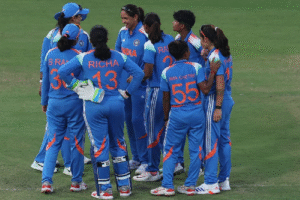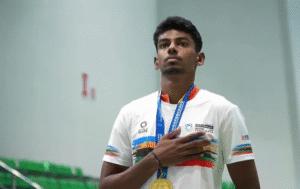P.V. Narasimha Rao, India’s 9th Prime Minister, achieved a remarkable electoral feat in 1991. After assuming office, he contested a by-election in Nandyal, Andhra Pradesh, to secure a seat in the Lok Sabha. In this election, he garnered a record-breaking 500,000 votes, setting a Guinness World Record for the largest margin of victory in an Indian parliamentary election.
This victory not only underscored his popularity but also highlighted his political acumen, enabling him to lead the country through significant economic reforms and policy shifts during his tenure.
He introduced sweeping economic reforms, including the reduction of trade barriers, deregulation of domestic businesses, and privatization of state-owned enterprises, which transformed India’s economy.
Rao played a pivotal role in improving India’s relations with the United States and China, and he was instrumental in the signing of the Indo-US nuclear deal.
His government faced challenges such as the insurgency in Kashmir and the Babri Masjid demolition, which had significant political and social repercussions.
Rao’s leadership during this transformative period in India’s history has left a lasting impact on the nation’s political and economic landscape.







